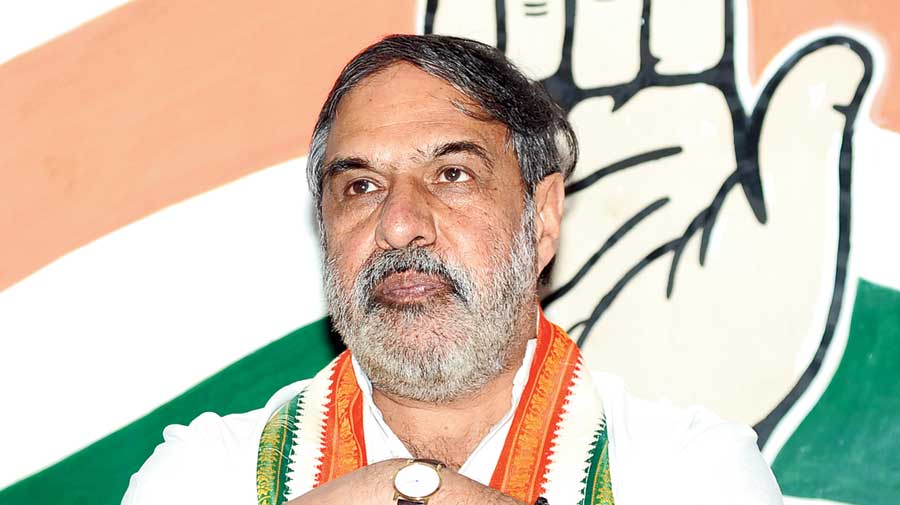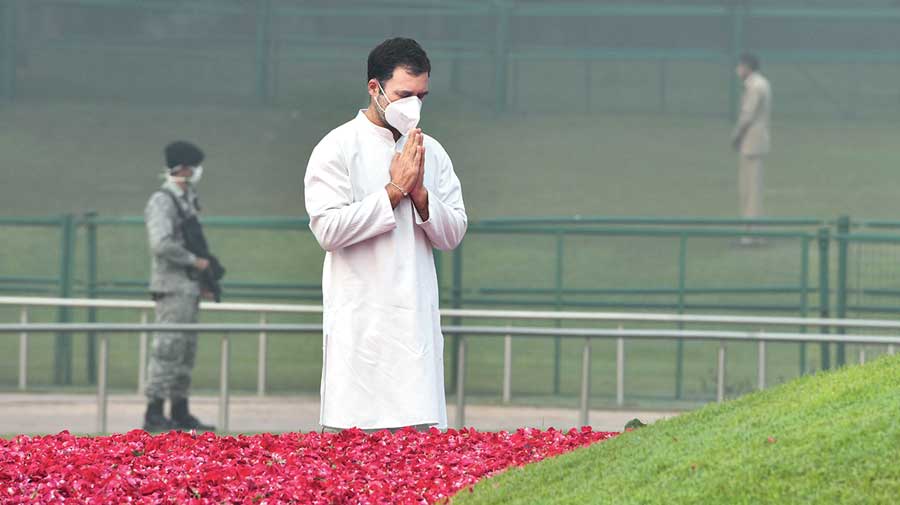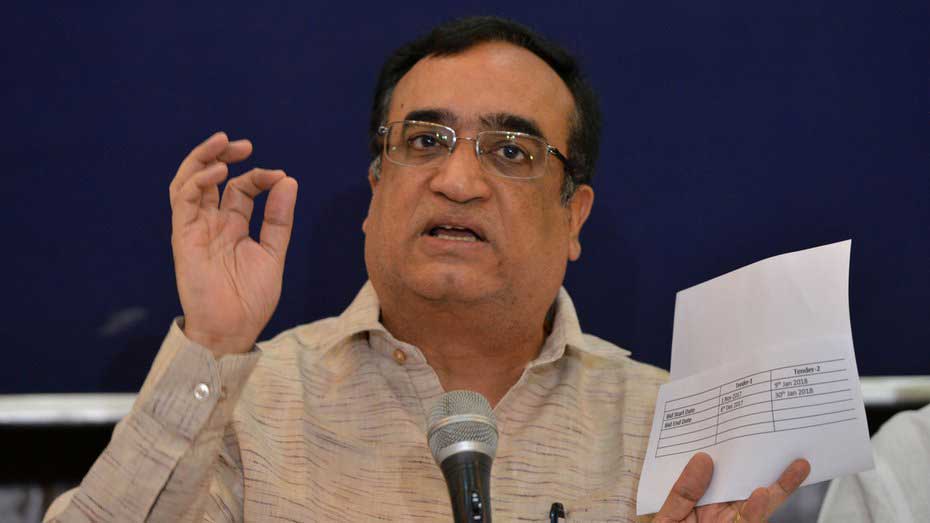Serious differences have come to the fore in the Congress on the critical issue of India’s refusal to join the Regional Comprehensive Economic Partnership (RCEP), a free trade agreement in the Asia-Pacific region between the 10 Asean nations.
The differences have caused embarrassment to the leadership, which is anyway struggling to harmonise varying perceptions within the party on political and organisational issues.
Two former Union ministers who have held key portfolios in the economic policy sphere — finance and commerce — P. Chidambaram and Anand Sharma, have expressed unease over India’s position on the RCEP.
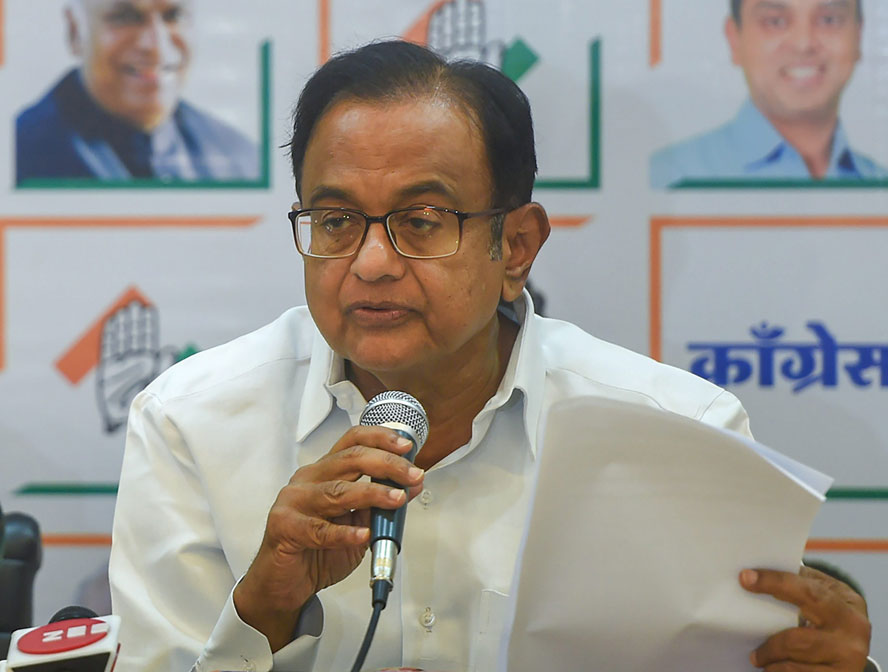
P. Chidambaram File picture
However, another former minister, Jairam Ramesh, who ran the rural development department that might have legitimate concerns about the ill-effects of joining a half-baked RCEP, has hailed the position taken by the Narendra Modi government.
Chidambaram tweeted on Monday: “RCEP born, it is the world’s largest trading body. Fifteen nations in our region are members of RCEP, India is not among them. There are pros and cons to India joining RCEP. But the debate has never taken place in Parliament or among the people or involving the Opposition parties. It is another bad example of centralised decision-making unacceptable in a democracy.”
Chidambaram followed it up with a series of tweets on Tuesday: “My guarded tweet yesterday on India not being member of RCEP has been noticed by many. Every English language newspaper that I read has carried an editorial today that India would be better off by being a part of RCEP. I would reserve a final view until the Congress party has taken a considered position on the issue.”
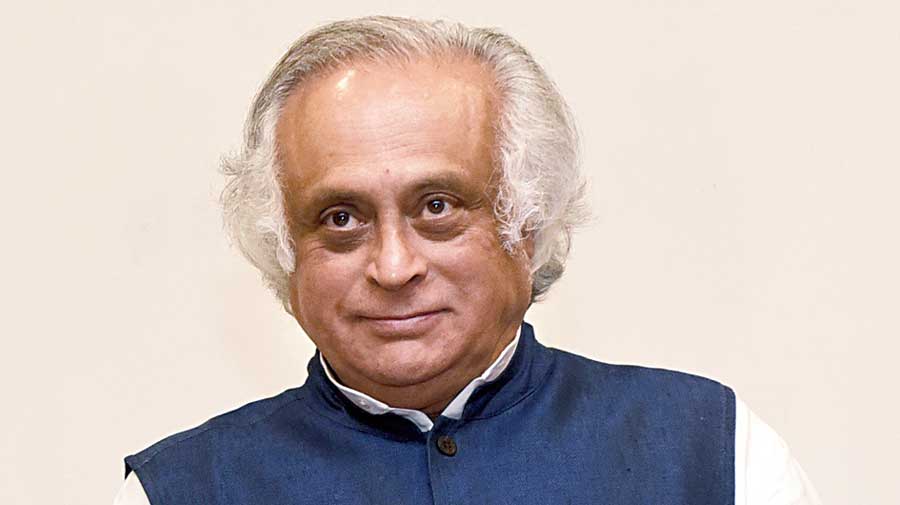
Jairam Ramesh File picture
The Congress veteran further said: “I must, however, express my dismay on the speech by foreign minister S. Jaishankar yesterday at the ‘Deccan Dialogue’ when he railed against trade agreements and praised the virtues of protectionism. Mr Jaishankar is speaking in the language and in the words that I heard in the 1970s and 1980s!”
Sharma, sidelined in the Congress for signing a letter written to Sonia Gandhi on the drift in the party, was more forthright.
He tweeted: “India’s decision of not joining RCEP is unfortunate and ill-advised. It is in India’s strategic and economic interests to be a part of the process of Asia-Pacific integration. Withdrawal has negated years of persuasive negotiations for India to be accepted as part of RCEP. We could have negotiated safeguards to protect our interests. Keeping out of the RCEP is a backward leap.”
Ramesh, however, had a different view. “On Oct 21, 2019, I had described India’s imminent membership of RCEP as a third jhatka for the economy after demonetisation and the botched GST. A year later, the position the Congress took then in demanding that the Prime Minister not drag India into an unfair RCEP, as was being planned, stands vindicated,” he tweeted.
What is intriguing is that the positions taken by both Chidambaram and Sharma are viewed as open defiance and being linked to the “rebellious posturing” of a group for the past few months. While Chidambaram was not part of the “group of 23” which signed the controversial letter to Sonia, many office-bearers argued his tweets were part of calculated messaging that the party position was flawed.
When pointed out that Chidambaram had clarified he would finalise his stand after the party articulated its position, a Congress spokesperson said on the condition of anonymity: “The party position is clear. If somebody is not clear about the party’s mind on this subject, he or she should have consulted the top leadership before taking a public stand….”
On October 21, 2019, Ramesh had tweeted: “Demonetisation. Botched GST. Now a third jhatka (shock) with India likely to join new trade accord called RCEP. This means: 1. More imports from China impacting Indian MSME (micro small and medium enterprises); 2. Dairy imports from New Zealand & Australia hurting farmers/cooperatives; 3. Free data flow compromising data security.”
The Congress later articulated its opposition to the RCEP at a media conference, arguing that the agriculture sector was not ready for the fallout and such experiments could be carried out only when the economy was on a sound footing.
Congress chief Sonia on November 2 called a meeting of office-bearers where she said: “As if the government’s economic decisions have not damaged the economy enough, it is now ready to deal a body blow to it by signing the RCEP…. This will result in untold hardship for our farmers, shopkeepers, small and medium enterprises with serious repercussions for the people.”

